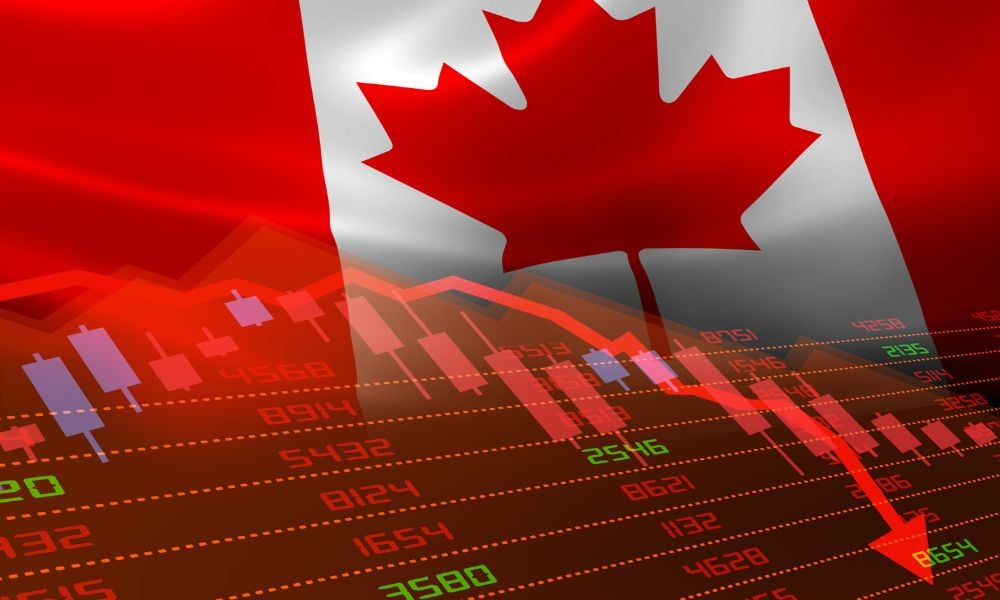Tariffs, inflation, and weak GDP per capita signal economic struggles, warns Stephen Poloz

Former Bank of Canada governor Stephen Poloz has described Canada as being in a recession, pointing to economic weakness masked by population growth, according to Financial Post.
Speaking during a webinar on Tuesday, Poloz, now a special adviser to Osler, Hoskin & Harcourt LLP, stated, “I would say we’re in a recession, I wouldn’t even call it a technical one.”
He dismissed the common definition of a recession as two consecutive quarters of negative growth, explaining, “The reason is because we’ve been swamped with new immigrants who buy the basics in life, and that boosts our consumption enough.”
Statistics Canada reported on Friday that GDP per capita declined by 0.4 percent in the third quarter, marking the sixth straight quarter of contraction. This measure has been negative in eight of the last nine quarters.
While Canada’s economy grew by 2.1 percent in the second quarter, exceeding forecasts, growth slowed significantly to one percent in the third quarter.
Poloz highlighted that consumer spending has dropped due to a 30 percent increase in the cost of living, stemming from recent inflationary pressures. He noted that inflation has declined faster than expected, which he suggested typically indicates a recession.
“We did have one pop up in the previous quarter, but that was a pretty minor thing,” Poloz said. “And the only good news, if I caught that, is government spending. That’s not the sort of thing to build your recovery on.”
Adding to the economic uncertainty, incoming US president Donald Trump’s proposal to impose a 25 percent tariff on all Canadian imports poses risks for Canada’s growth.
A report by the Canadian Chamber of Commerce estimated that if implemented on inauguration day, such tariffs could cut Canada’s GDP by 2.6 percent and reduce the US economy by 1.6 percent.
Poloz warned that these tariffs could lead to inflationary pressures, complicating central banks' responses.
“There’s the presentation to the (central) bank, the economy is slowing, but inflation is picking up because of tariffs,” Poloz said. “What do you do? I think most central banks are going to say, I gotta be worried about the inflation part. And so that’s a recipe for deeper stagflation.”
To stimulate consumer spending, the federal government introduced a two-month pause on the goods and services tax for certain items.
Poloz acknowledged this could help Canadians temporarily but criticised it as a short-term fix. “There are so many other ways to boost the economy that would provide a longer lasting effect,” he said.
“So, giving away these things is kind of like giving somebody a fish instead of giving them a fishing rod, right?”


